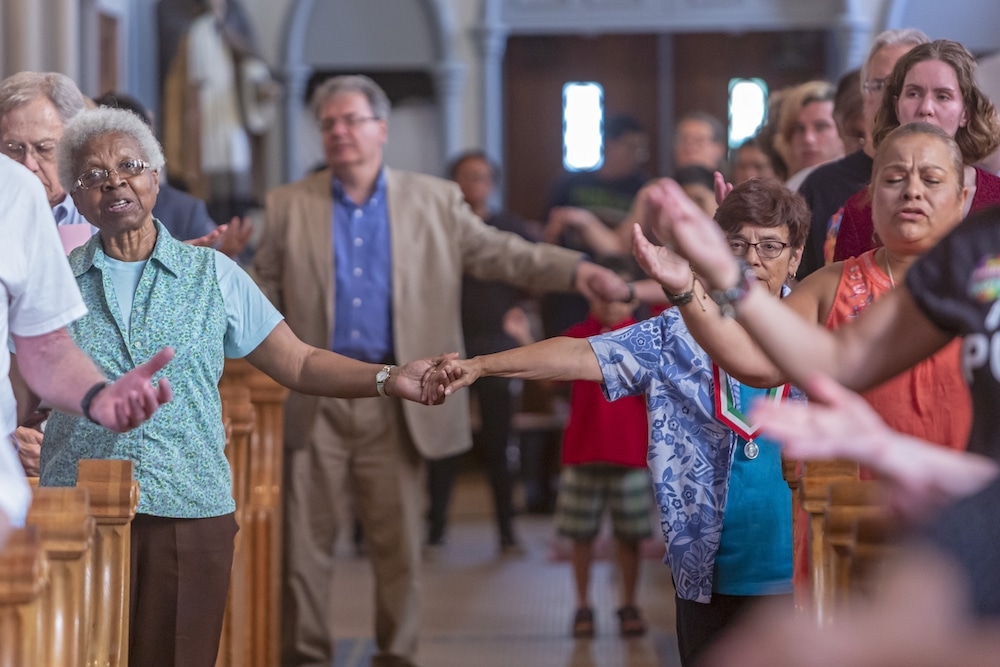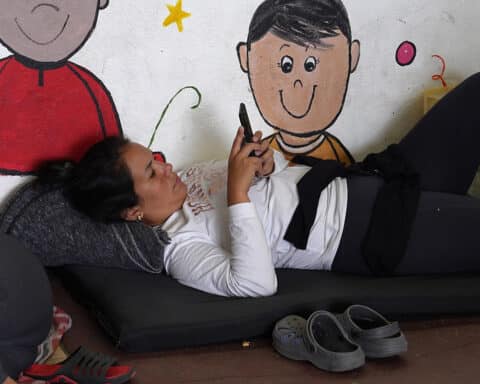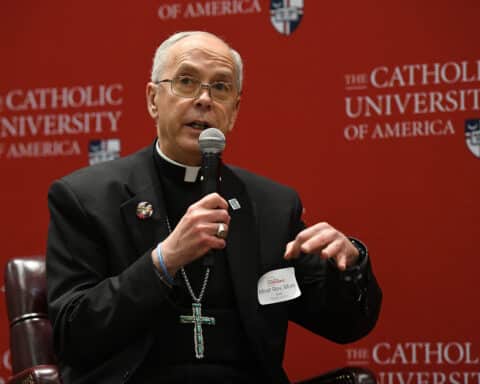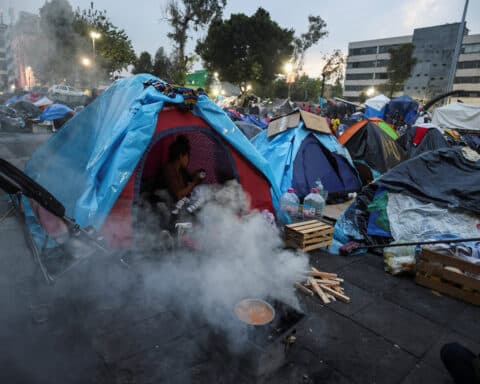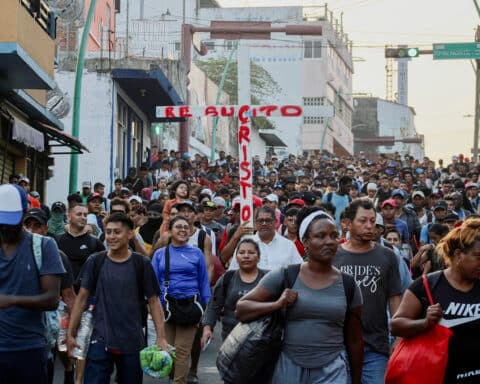As a soccer fan who follows the professional game around the globe, I’m used to the taunts and eye-rolls I receive from my friends who don’t appreciate the Beautiful Game. But I wasn’t ready for what one popular columnist wrote about soccer-watching Americans when the 2014 World Cup came around.
“I promise you: No American whose great-grandfather was born here is watching soccer,” this columnist wrote. The four-year-old column specifically targeted a law — the Immigration and Nationality Act of 1965 — that enabled my family to emigrate to the United States from Portugal. By extension, this columnist questioned my identity as an American, even though I was born and grew up here. In hindsight, this seems to have been a harbinger of so much of what underpins our country’s current, tortured immigration debate.
Immigrant imprint
We’ve since seen our country not only crack down on illegal border crossings, but also focus the government’s crosshairs on legal immigrants. Government officials have discussed proposals to reduce legal immigration to the United States, and have floated policy ideas that would strip citizenship from some naturalized citizens and punish legal immigrants for using public assistance.
This anti-immigrant sentiment is a shame, because I believe more Americans wouldn’t be as suspicious of immigrants if they knew what they bring to the table.
Take my family, for example. Both of my parents, grandparents and several other relatives who left the Azores — the Portuguese islands in the mid-Atlantic — in the early 1970s settled in the working class cities of New Bedford and Fall River in southeastern Massachusetts.
They worked long hours in those cities’ textile mills and factories. My dad worked in construction for more than 20 years, waking up at 4:30 a.m. and often hanging sheetrock outside in sub-10 degree temperatures during the brutal New England winters.
The immigrants I know also contributed to the region’s lucrative fishing industry and started their own businesses. They got married, raised kids, paid taxes and revitalized blighted urban neighborhoods. You can still spot a Portuguese-owned house in Fall River by the manicured lawn, the clean vinyl siding and an Our Lady of Fátima statue in front.
Your neighbors
Yes, the Catholic faith played a unifying role in my predominantly Portuguese immigrant neighborhood. Religious processions with large saint statues, folkloric dancers, traditional Portuguese food and music and young girls in white dresses carrying doves on embroidered pillows were a regular part of life. Culturally speaking, we were “very Portuguese” in the way we socialized, the language we spoke, the food we ate and the way we worshipped. I went to a bilingual elementary school to learn English — my first language is Portuguese — but I never thought of myself as anything other than American.
My friends and I grew up collecting Star Wars action figures and watching the heyday of professional wrestling in the 1980s. Our neighborhood celebrated the Fourth of July with a daylong block party. While our dads followed their favorite Portuguese soccer clubs, we kids couldn’t get enough of the Celtics of the Larry Bird era. A few of my peers and I served in the U.S. Armed Forces.
I respect the need for a nation to protect its borders, but I’ll never make sense of the dehumanizing and angry tone of the comments I read on social media and hear on talk radio.
The U.S. bishops got it right when, in 2000, they wrote that immigrants “call us out of our unawareness to a conversion of mind and heart.”
So while debating the nation’s immigration laws, let’s not lose sight of the fact that the overwhelming majority just want a better life for themselves and their children. They want to be your neighbors. Get to know them.

